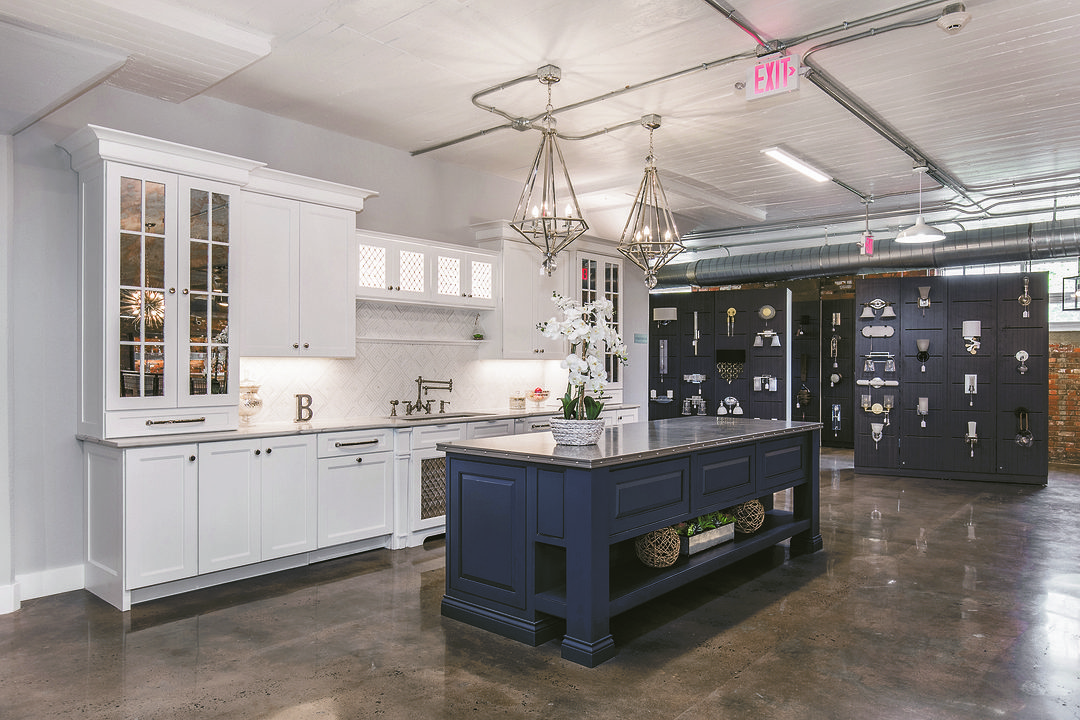Building Customer Loyalty
Developing a trust relationship with clients does not happen overnight. It takes consistent effort that pays off.

Why is customer loyalty so important? When clients trust a retailer, they become loyal customers. It means more to a showroom than repeat business. These clients tell their friends and families about their experience, which is worth more than any advertising or marketing efforts a showroom can devise.
Every day is a new chance to impress clients, bring in new customers and present a showroom and brand that are more than just a name and a logo. The tools for building customer loyalty are within reach.
Over time, you will see that some customers hang around while others move on. To find out why, you must ask people on both sides. High-profile clients will often provide valuable insights in exchange for an exclusive offer or other small incentive. On the other hand, if some of your customers haven’t been by in a while, send a coupon or additional discount offer along with a survey about their experience.
Also, don’t forget to check in after a major sale to ask about client experiences. If your client went through a major home renovation, touch base with him a few months after — even one year after — to see if there is anything more you can do.
Asking for feedback is a valuable exercise for your business, but it also shows clients that their opinion matters. It’s these little things that keep physical retail stores, especially locally-owned ones, going strong. This type of action is why client-oriented businesses, often run by families, have an easier time establishing trust than huge corporations
The people walking into the showroom, choosing it over a big-box plumbing or decorating store, are the people who care about their purchases and aren't necessarily looking for a great deal. These are the clients you want to have on your side because if they trust you, they will be back (and they'll bring friends and family with them).
The answers to what drives customer loyalty are hiding in plain sight — ask your sales staff. Sales associates and managers are on the front line and most likely have their own actions for ensuring customers come back. Brainstorming these ideas can lead to a more targeted customer retention strategy. Asking sales staff to contribute to this aspect of the sales process will make them feel confident in their jobs; this positivity will spill over to the customer.
After looking at the people comprising the heart of your business, it’s time to examine the physical showroom. Customer loyalty is easier to enforce when your showroom has a distinct look so people walking in know exactly where they are and what to expect.
When you refresh or redesign — and this relates to everything from your logo to the showroom — make sure it makes sense for your company and your audience. Customers can take changes personally, and even iconic brands have seen significant drops in revenue after making the wrong moves.
While staying consistent overall inspires confidence and trust, a home improvement or design-oriented brand has to keep up with the latest styles. This can be accomplished by offering the products clients know and love alongside more innovative merchandise.
In the decorative plumbing world, the physical store determines everything from the mood of the customer to the range of price points the store can offer. The look and feel of a showroom make a strong impression on customers, and a dated space can keep potential customers from coming in. A static showroom also sends a message to existing customers that the showroom is not keeping up with trends.
Rebranding and renovations are expensive, which is why they only take place every five to seven years. In the meantime, change up display fixtures and visual merchandising tactics. Change things around with the seasons or use displays to highlight special promotions. With the right displays and promotions, customers will buy simply so they don’t miss out on an exclusive product or great deal.
Customer loyalty is an essential part of a smart business plan because it is what turns occasional customers into repeat clients. Establishing this loyalty in clients takes more than low prices or gimmicks, particularly in a market with competition from prominent discount retailers both online and offline. Fortunately, showrooms, as client-oriented businesses run by dedicated owners and managers, have an easier time establishing trust than huge corporations with different priorities.
Keeping customers happy is a daily goal for a decorative plumbing showroom; reaching for it is part of a long-term commitment to building customer loyalty. Developing this relationship with clients does not happen overnight. It takes consistent effort that pays off.





